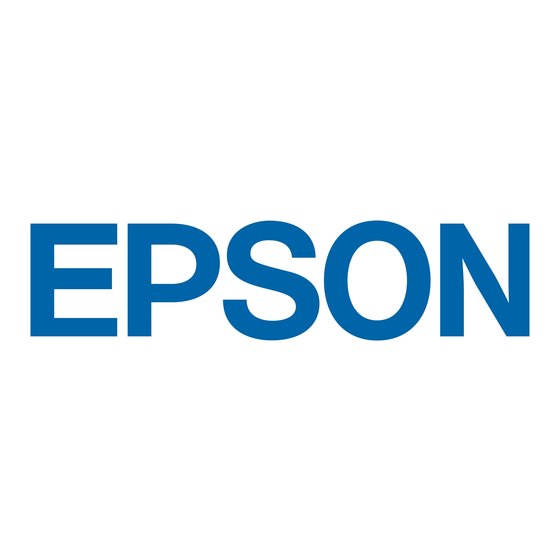Epson Series Perfection 1240U Series Bollettino di assistenza prodotti - Pagina 6
Sfoglia online o scarica il pdf Bollettino di assistenza prodotti per Scanner Epson Series
Perfection 1240U Series. Epson Series
Perfection 1240U Series 11. Product support bulletin(s)
Anche per Epson Series
Perfection 1240U Series: Manuale d'uso (7 pagine), Manuale di avvio (48 pagine), Manuale informativo sul prodotto (7 pagine), Opuscolo (2 pagine), Bollettino di assistenza prodotti (23 pagine), Manuale (11 pagine), Bollettino di assistenza prodotti (40 pagine), Bollettino di assistenza prodotti (17 pagine), Bollettino di assistenza prodotti (3 pagine), Bollettino di assistenza prodotti (24 pagine), Bollettino di assistenza prodotti (29 pagine), Bollettino di assistenza prodotti (8 pagine), Bollettino di assistenza prodotti (3 pagine), Bollettino di assistenza prodotti (14 pagine), Bollettino di assistenza prodotti (18 pagine), Bollettino di assistenza prodotti (12 pagine), Bollettino di assistenza prodotti (40 pagine), Bollettino di assistenza prodotti (11 pagine), Dichiarazione di conformità (2 pagine), Bollettino di assistenza prodotti (40 pagine), Bollettino di assistenza prodotti (22 pagine), Bollettino di assistenza prodotti (12 pagine), Bollettino di assistenza prodotti (21 pagine), Bollettino di assistenza prodotti (12 pagine)

